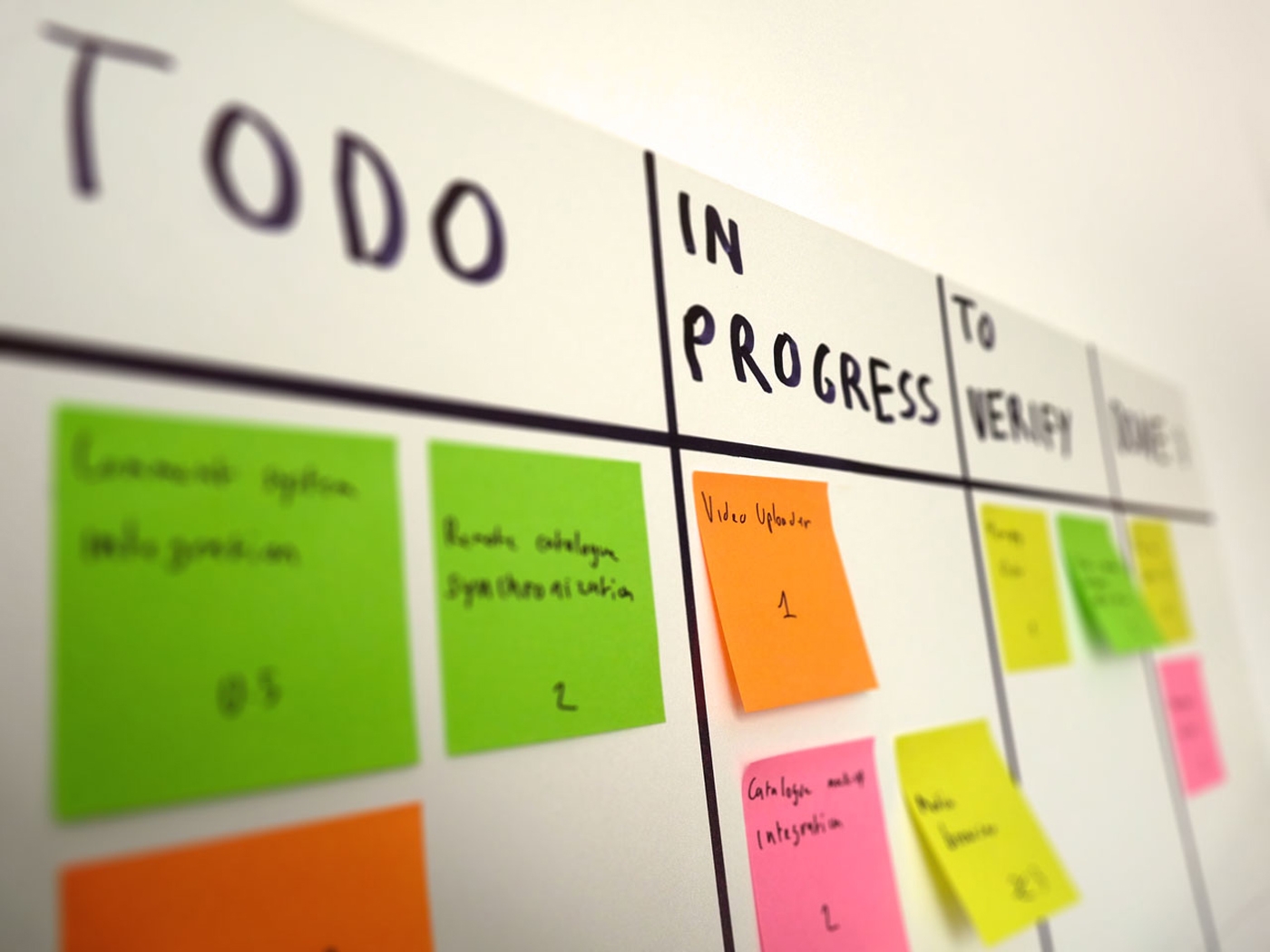Flickr/DZ Roman
A classmate of mine once asked a professor how and when she knew that academia was the right choice for her.
"I still don’t!" she responded.
I remember being shocked — like an adult is questioning her career choices? Not possible.
Maybe, though, she wasn’t second-guessing her decisions so much as acknowledging that any relatively similar role could have made her happy, as long as she worked at it.
Business Insider recently spoke with Dan Ariely, a professor of psychology and behavioral economics at Duke University and the author of the new book "Payoff," and he talked about the myth of the ideal job.
"What people don’t understand is that we also have the capacity to bend the job to our will," he said.
"So if we see somebody being a good fit for their job, it’s not because this was them, this was the job, and there was a magical matching. It was probably a long process in which the person changed a little bit and the job changed a little bit."
Psychologists call this process "job crafting," or molding your job so that it becomes more meaningful to you. In one classic study on job crafting, some members of a cleaning crew at a university hospital regularly performed behaviors that weren’t listed in their job descriptions, like spending time with patients who seemed upset.
Research suggests that employees who engage in job crafting are happier and perform better than their coworkers who don’t go through this process.
In other words, it’s not that you find the ideal job; it’s that you create one. That might take time, in which you learn more about yourself and about what’s possible at your workplace.
Maybe you decide that what you’re really interested in is helping people develop, and so you move into a management role at your company. Or, maybe you realize that you love doing research, and so you have a conversation with your boss about making time for that task during the day.
Here’s Ariely:
"People have a view that they need to find their ideal job in the beginning, not realizing that we change over our lives. We learn new skills; we adapt; and also the job adapts as well."
He went on:
"It’s kind of a difficult observation because it says, ‘Don’t look for the perfect job.’ It means, ‘Look for a job that is in the general direction of your skills and passion and so on.’
"Don’t worry too much about the perfect fit because if you look for the perfect fit you’ll never find it."
NOW WATCH: A psychologist explains how the ‘IKEA effect’ can motivate people to work harder
See Also:
- Too many people make the same mistake motivating themselves to work out
- A psychologist explains how the ‘IKEA effect’ can motivate people to work harder
- A career expert reveals important tips for entrepreneurs looking to start a business
SEE ALSO: A Yale professor explains how to turn a boring job into a meaningful career
via Business Insider http://ift.tt/2gPFdzB
